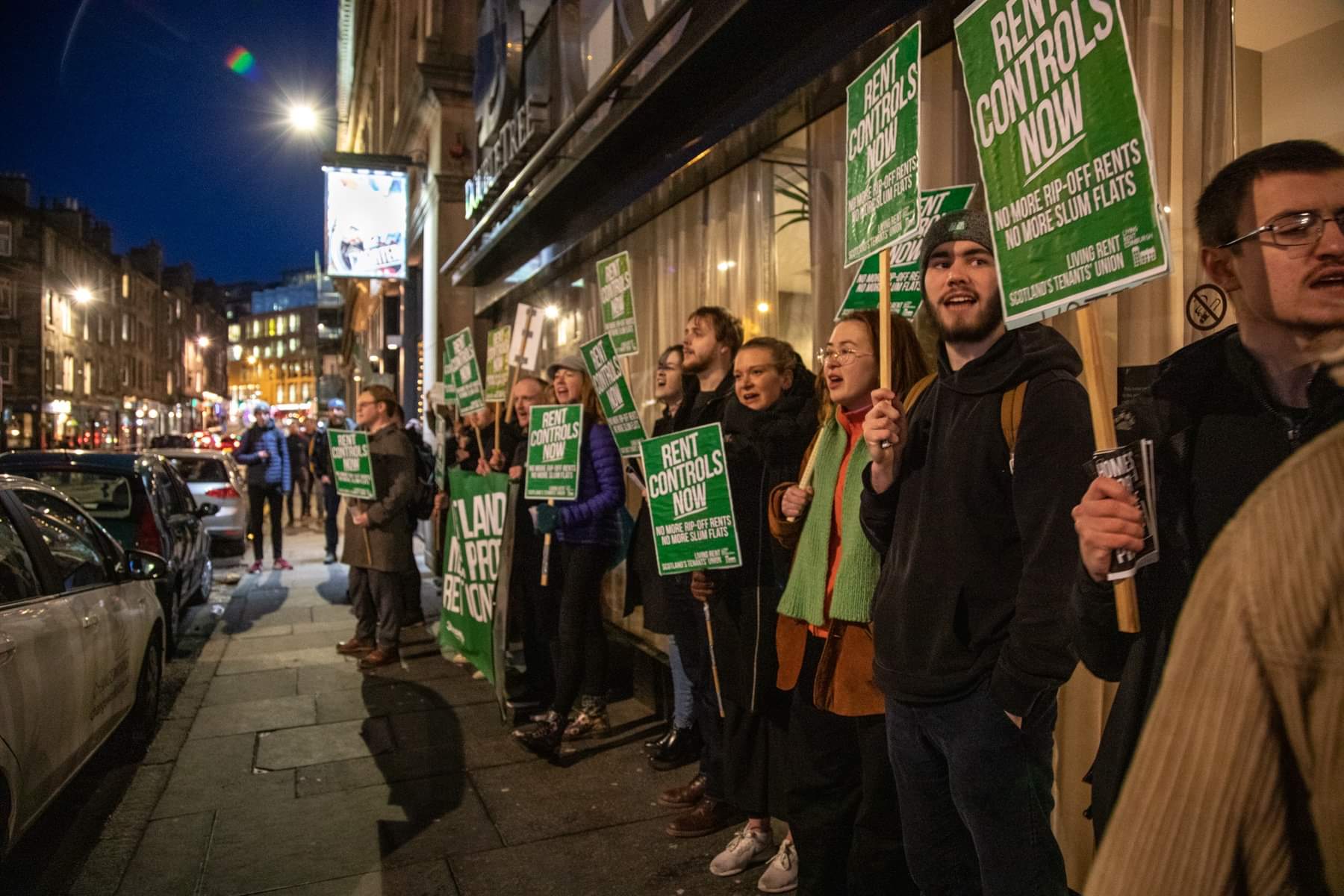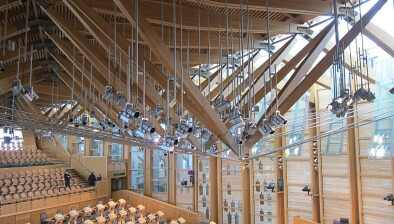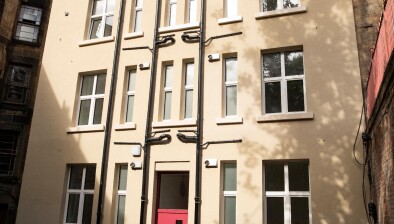Tenants and trade unions call for emergency protections after rent cap ends

The Scottish Government has been urged to “act now” to prevent “disastrous consequences” for private tenants after the current cap on rents comes to an end next month.
Tenants union Living Rent has sent an open letter - signed by Scotland’s trade union leaders and campaign groups - criticising first minister Humza Yousaf, housing minister Paul McLennan, and minister for tenants rights Patrick Harvie for failing to protect private sector tenants.
According to Living Rent, the ‘transitional measures’ to come into place when the rent cap ends on 31 March are confusing and will be difficult to enforce. It warned that tenants will be “pushed to the edge” by unaffordable rents which will act as de facto evictions and push more people into poverty.
The letter has called on the Scottish Government to introduce a national rent cap until it legislates for a permanent and robust system of rent controls.
Signatories to the letter, coordinated by Living Rent, included Roz Foyer, general secretary of Scottish Trades Union Congress; Lilian Macer, regional secretary of UNISON Scotland; Derek Thomson, Unite Scottish secretary; Gordon Martin, regional organiser of RMT Scotland; Jeanette Findlay, president of UCU Scotland; Cat Boyd, PCS national officer; BD Owens, Scottish Artists Union president and Ellie Gomersall, president of NUS Scotland.
Data from the Scottish Government published in November revealed that between 2010 and 2023, rents across Scotland have increased on average 51.6%. In some local authorities, increases are even sharper. In Lothian, rent increased 79.3%, and in Greater Glasgow, rent increased 86.2%. By contrast, inflation was 45.7% during the same period.
During the cost of living crisis tenants have faced even sharper increases. In the last year, rents across Scotland have increased by 14.3% to an average of £841 per month. In Greater Glasgow, rents rose by 22.3% to average £1050 per month, in Lothian, rents rose by 18.4% to average £1192. This is among the highest year on year growth in the UK.
Living Rent’s national campaigns officer, Ruth Gilbert, said: “Tenants will be pushed to the edge by the end of the rent cap and eviction ban. The rent cap provided a temporary bandage over a growing crisis, but it has not addressed the fundamental issue that rents are out of control.
“Government regulation is simply not strong enough. Landlords are exploiting every loophole and opportunity to increase rent and displace tenants while blaming the existing rent cap for an out of control market.
“Rents in Scotland have continued to rise in line with the rest of the UK because the temporary measures don’t go far enough, and don’t apply between tenancies. The solution to this is a robust system of rent controls tied to the property, not the tenancy, which protects all tenants.
“With the Scottish Government receiving criticism from across the board due to its cuts to affordable housing and its ending of the rent cap, it is clear it urgently needs to review its housing strategy, reverse its cuts to affordable housing, and introduce a national rent cap and eviction ban. Without this we will see a tidal wave of rent increases, de-facto evictions and a sharp rise in homelessness.”







